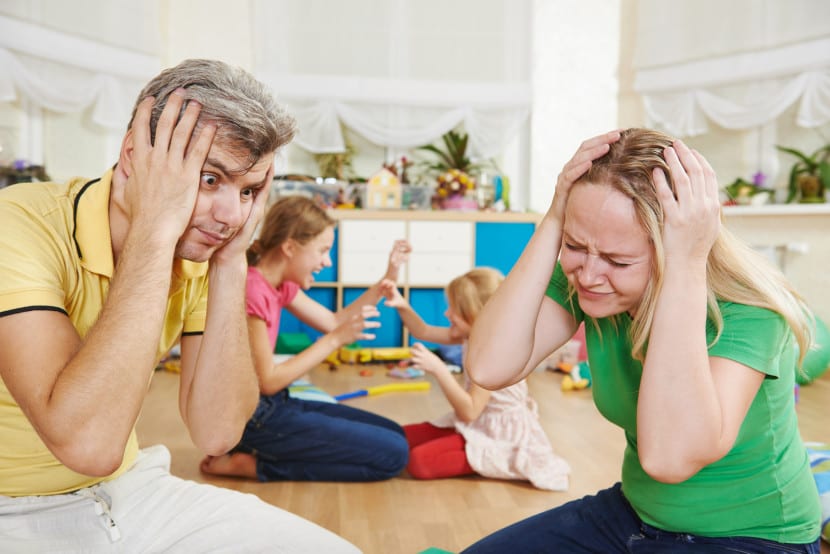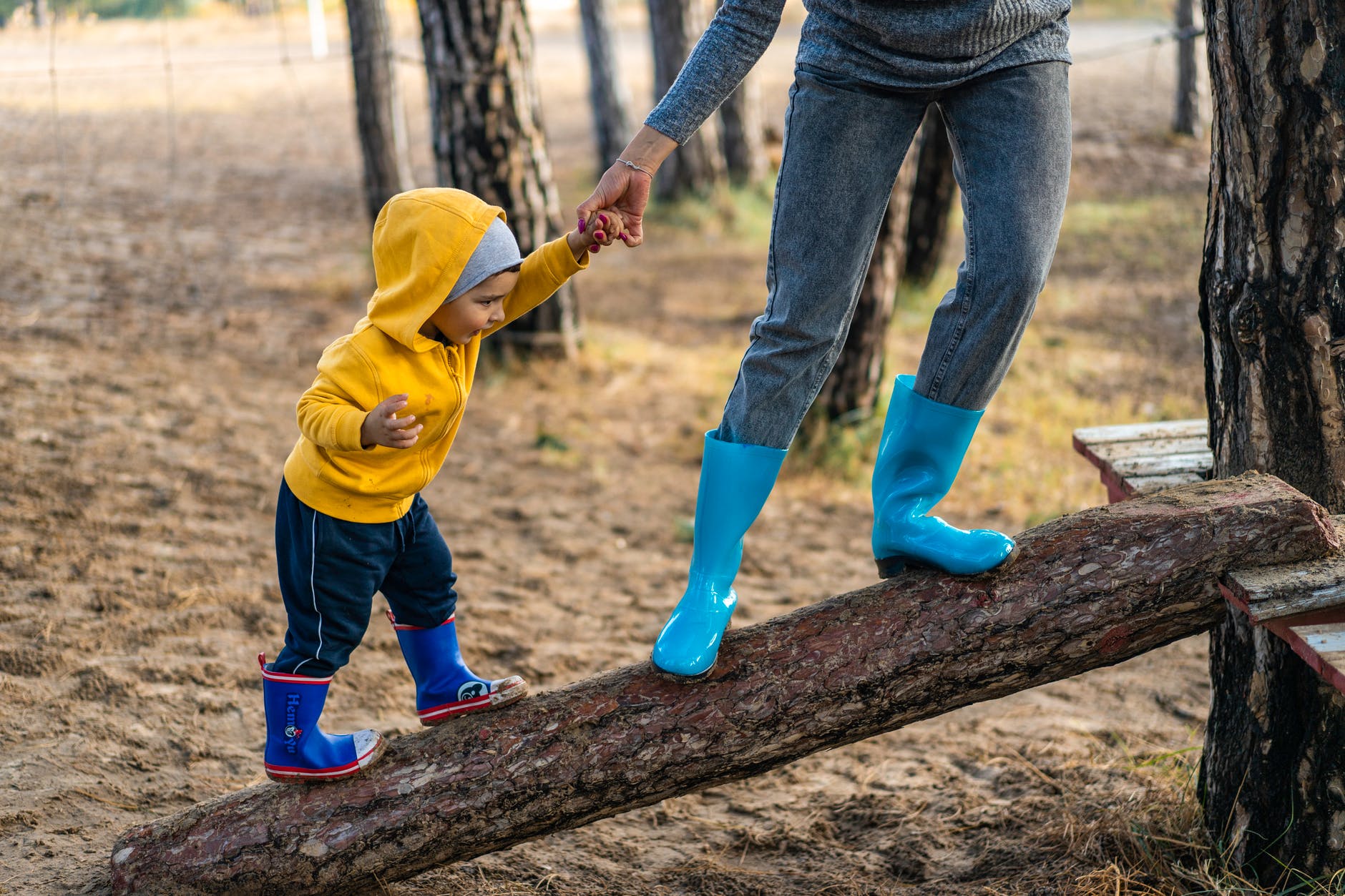It can be really hard.
-
“Teachers are sending out e-learning tasks and the work group chat is buzzing.”
-
“I need to place orders immediately for fresh groceries to re-stock the fridge!!”
-
“Shanghai schools re-opening date extended.”
-
“How can I survive another day indoors with my kids??”
Yes, with all that is going on, daily updates about the outbreak, toggling between family and work, you’re already doing your best to adjust mentally and emotionally to the situation.

Dear parents, we see you and we hear you…

What is Self-Care & Why is it important?

Looking after yourself is not selfish, it’s necessary. Knowing and taking care of your own needs will help you to be and feel your best, so you can be the best parent for your child. This includes your psychological, safety, relational, and emotional needs. Self-care is an essential decision affects many other aspects of your life – only by bringing balance and understanding to these areas can you thrive!
10 Tips To Help You Thrive
1 Consciously savor the good moments.
2 Motivate, encourage, and celebrate your child.

3 Become a peaceful warrior.
4 Organize but have a plan B.

5 Develop a sense of humor.
6 Let yourself truly feel your feelings

7 Stop and breathe.

8 Plan self-care. Take care of yourself.
Here are some ideas:
- Give yourself permission to take 5-10 minutes each day strictly for yourself.
- Do something that relaxes you (a cup of coffee, read a few pages from an inspirational or funny book, or just sit and do nothing).
- Use the buddy system…put the kids in their strollers or wheelchairs, buddy up with a friend and take a walk. The kids will benefit from the change of scenery, you’ll feel energized, and the extra support of a friend is always welcome.
- Swap childcare…this can be for running a few errands or even an afternoon out. Your kids also benefit from socialization with other kids.
- Exercise…get active!
9 Balanced parenting, not perfect parenting.

10 Don’t try to do it all by yourself.
-
Asking for help is a sign of strength, not weakness. Open up about your challenges and ask for help. Parents could always benefit from more information and additional strategies and there is help out there! ELG’s client service care is always happy to hear from you!
-
Seek out others who have been where you are now. When you find others who also are walking this path you discover coping strategies, new resources, and support from other parents who “get it.” You will also find out you aren’t the only parent who feels guilty about their child’s extra challenges or frustrated because life is so hard at times.
-
Stay connected with your spouse. Express your fears and worry to each other and try to be patient. You’re in this together so you might as well get along. Make sure to take care of your partnership. Parents who are exhausted tend to forget to work on their relationship, get irritated and fail to communicate well.

Remember that even when you think you can’t you always can.
It’s going to be okay. You will have fun as a family, you will make great memories with your child. Your family is not ordinary, it’s exceptional. And so are you.

Parenting a child with a disability can be a challenge, and often
those challenges feel like a strong tidal wave coming at us, threatening to
make us lose our balance, to fall, to give up. But we don’t. We never do.
The love for our children compels us to stand strong against the tide
crashing against us… So we reach out and hold each other’s hand.
Because we know together we are stronger, and because we need
someone to stand with us, we cannot do this alone.
Confessions of a Parent of Kids With Disabilities: the Hard Things by Ellen Stumbo
Make sure to stay tuned to us for more parenting tips and advice. You don’t have to do it alone. We’re here to support you.
